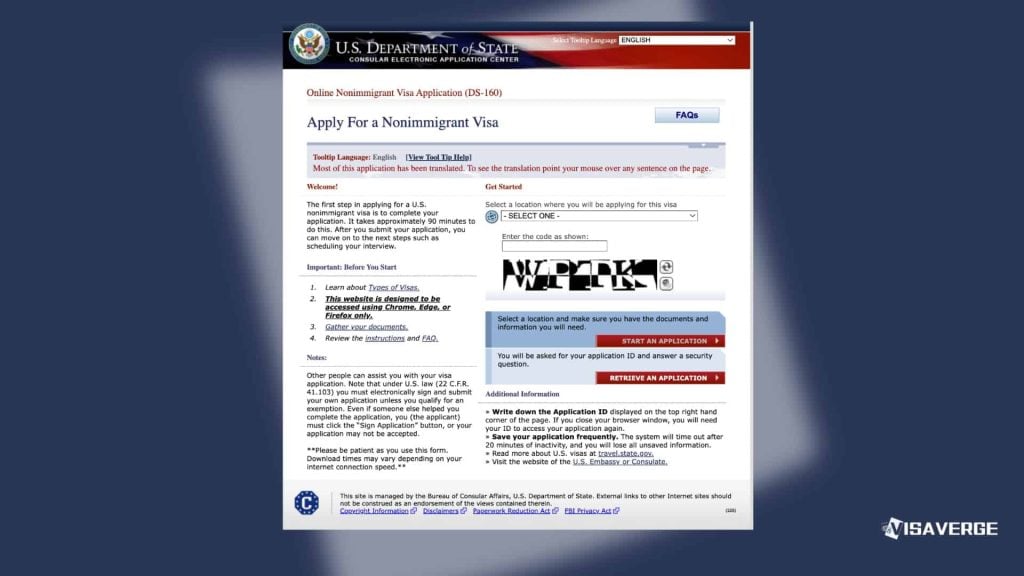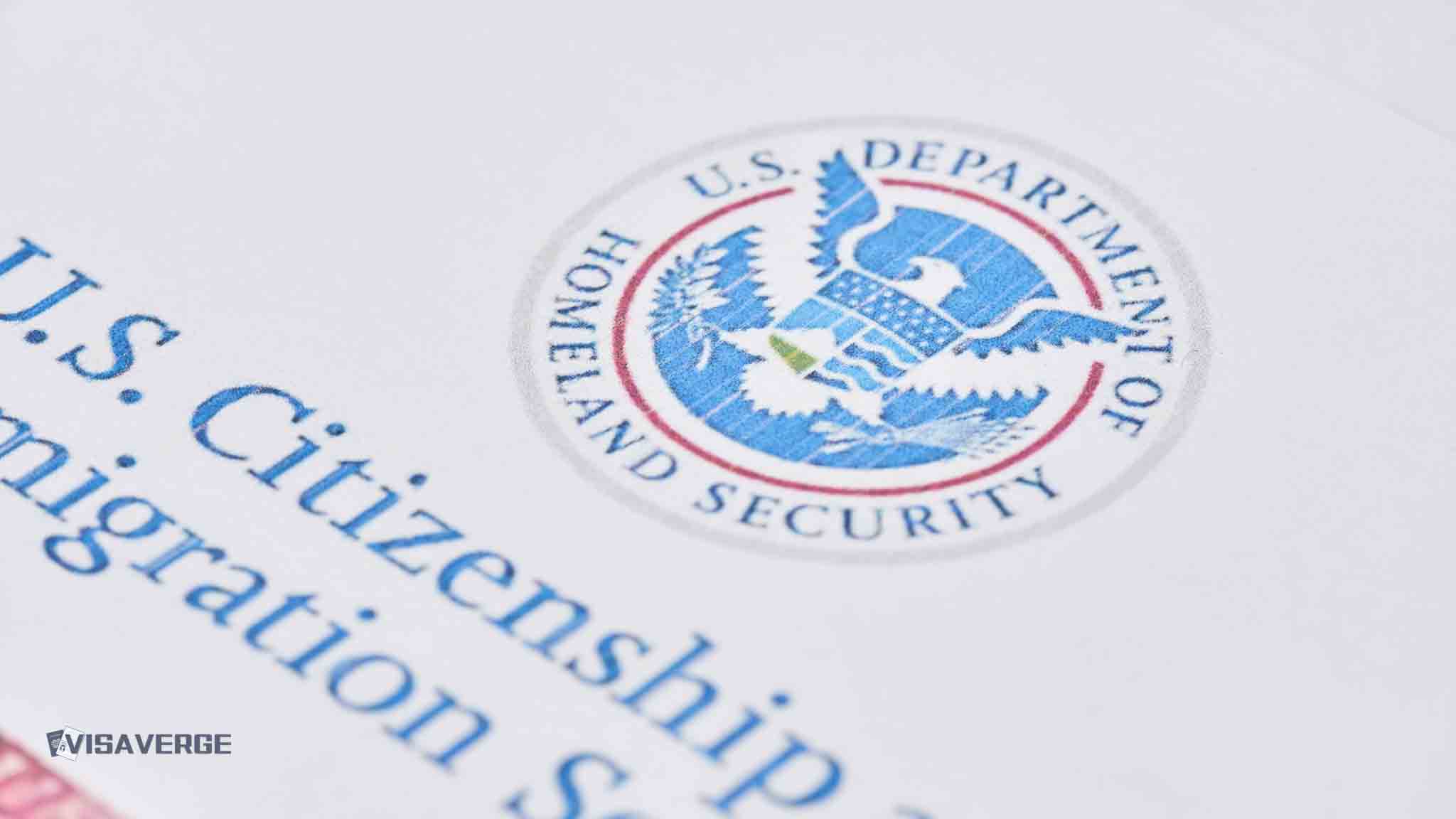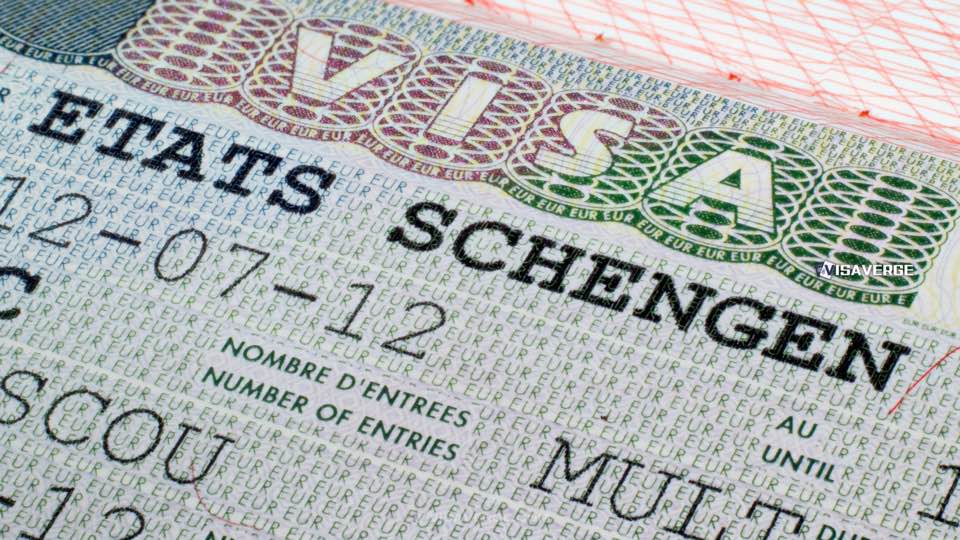Documentation
Documentation simplified: Access expert guidance on visa and immigration paperwork. Get checklists, form overviews, and tips to ensure your documents are in order.
How to List Social Media for DS-160: Step-by-Step Instructions
Applying for a U.S. visa requires disclosing five years of social media history on the DS-160 form. Applicants must list handles for all accounts, including those deleted or used under…
Backdoor Roth IRA Mastery for High-Net-Worth Portfolios (2025–26)
The Backdoor Roth IRA allows high earners to bypass IRS income limits through a two-step contribution and conversion…
Worldwide H-1B and H-4 Visa Vetting Expands to All Applicants
The State Department will require social media and online presence checks for all H-1B and H-4 applicants applying…
India suspends visas in Chittagong indefinitely after attack on mission
The Indian Visa Application Center in Chittagong closed indefinitely on December 21, 2025, citing security concerns after attacks…
Available USCIS Forms Online Filing: Access, Fees, and Workflow
Many USCIS forms can now be filed through a free online account using guided forms or PDF uploads.…
EB-1 India Not Current in January 2026; Backlogged at 01FEB23
EB-1 India is not current in January 2026; the Final Action Date is 01FEB23 and Dates for Filing…
Hungary Adopts Qualified Electronic Signatures for Immigration Filings
Hungary now mandates QES plus a qualified timestamp for online immigration filings via Enter Hungary, replacing AVDH. Employers…
German Embassy Tehran Resumes Schengen Visa Applications on Jan 7 2026
Germany’s Tehran embassy will resume Schengen visa intake on January 7, 2026; TLScontact will open a waiting list…
Vietnam Revises Work Permit Rules Under Decree 219/2025
Vietnam’s Decree No. 219/2025 merges steps into one work-permit dossier, relaxes labor market testing for local hires, permits…
Guidelines for Indian Nationals Attending U.S. Visa Interviews
Verify your immigration status before any USCIS or consular appointment. Overstays and unauthorized work can prompt detention if…











